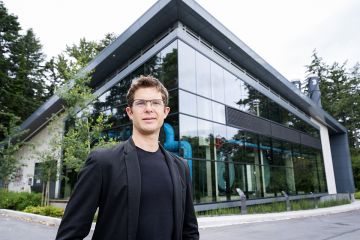
Building energy efficiency
UVic civil engineering professor Ralph Evins is using machine learning to design energy-efficient buildings that don’t yet exist.

UVic civil engineering professor Ralph Evins is using machine learning to design energy-efficient buildings that don’t yet exist.
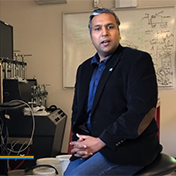
The search for virus-resistant material
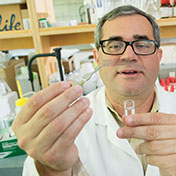
A low-cost screening test that can be used from your home and read in minutes could change how public health officials track and control the spread of COVID-19.

Wash basins made with COVID-19-resistant material may be popping up in malls and other crowded places, once the work of a UVic researcher and BC manufacturer is complete.
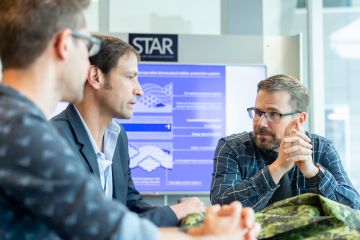
University of Victoria synthetic chemist Jeremy Wulff's research group has developed a vital link for a multi-university project that will design high-performance protective wear to keep Canadian soldiers safer and more comfortable during their missions.
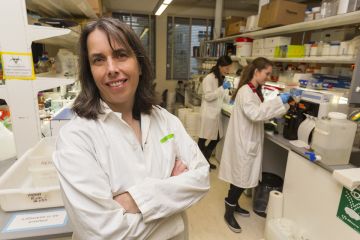
A new genetic tool developed by UVic researchers can detect an endangered species' DNA from water, making environmental impact assessments more effective and reliable. The eDNA—or environmental DNA—technology detects the presence of a species in a matter of days.
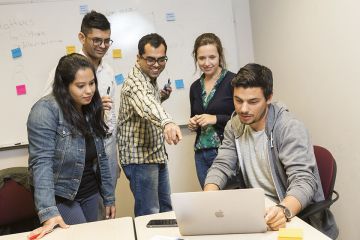
When brilliant minds come together, tough problems get solved. Just ask Island Health, which now has a new way to address an issue affecting hundreds of vulnerable Vancouver Island residents after a team led by international business students at UVic’s Gustavson School of Business cracked the case.
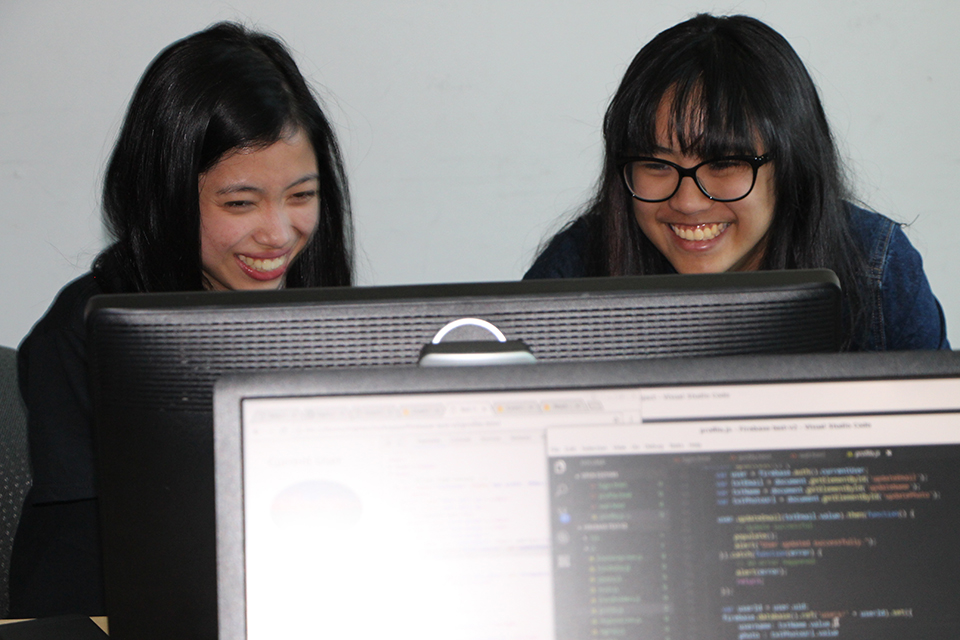
Technology education program aims to shrink diversity gaps
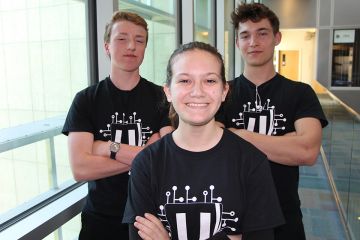
Inspired by local youth and Victoria's growing technology sector, HighTechU is more than a coding program. It's an experiential learning program where high school students build the diverse skills needed to succeed in higher education and the tech industry.
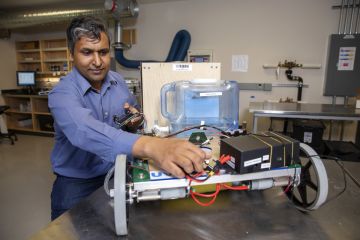
Been a while since you had your brain waves analyzed? Worried about how you might respond in the crucial period between an earthquake and a potentially deadly tsunami? Strike those concerns off your to-do list next week at the University of Victoria showcase at the BC Tech Summit.
Array
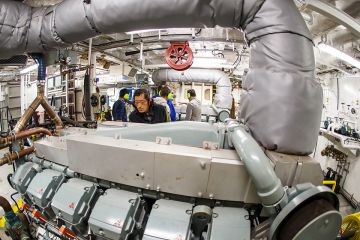
Zuomin Dong and his research team have studied and built advanced hybrid vehicles for a decade, winning dozens of awards. The team is now working on hybrid electric propulsion systems for ships, heavy-duty mining trucks and trains.
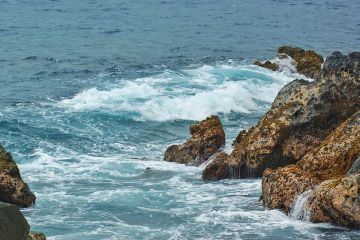
UVic geographer Maycira Costa has received $361,500 in funding from the Marine Environmental Observation, Prediction and Response Network (MEOPAR) and UVic’s Ocean Networks Canada (ONC) to study biophysical processes in ocean waters along the migration route of juvenile salmon.
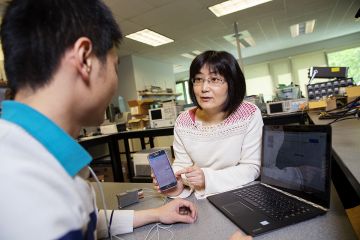
Visitors to the UVic display at the #BCTECH Summit in Vancouver in May 2018 will be measuring their mental fatigue, checking in on their heart health, or just being dazzled by the discoveries of UVic's engineers as the university showcases the best of its tech innovations.
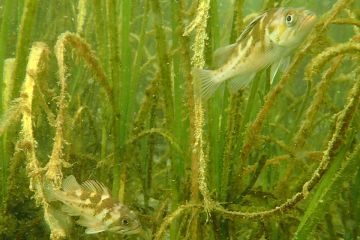
In a study that spans Canada's Pacific Coast, UVic researchers have confirmed that human disturbance of seagrass meadows results in lower fish diversity. While human activity is known to impact a variety of ecosystems, the effect of human activity on coastal biodiversity is largely unknown. Coastal seagrass meadows are important nursery grounds for commercial and ecologically significant fish species.

In a study that spans the Pacific Coast of Canada, UVic researchers have confirmed that human disturbance of seagrass meadows results in lower fish diversity. Coastal seagrass meadows are important nursery grounds for commercial and ecologically significant fish species.